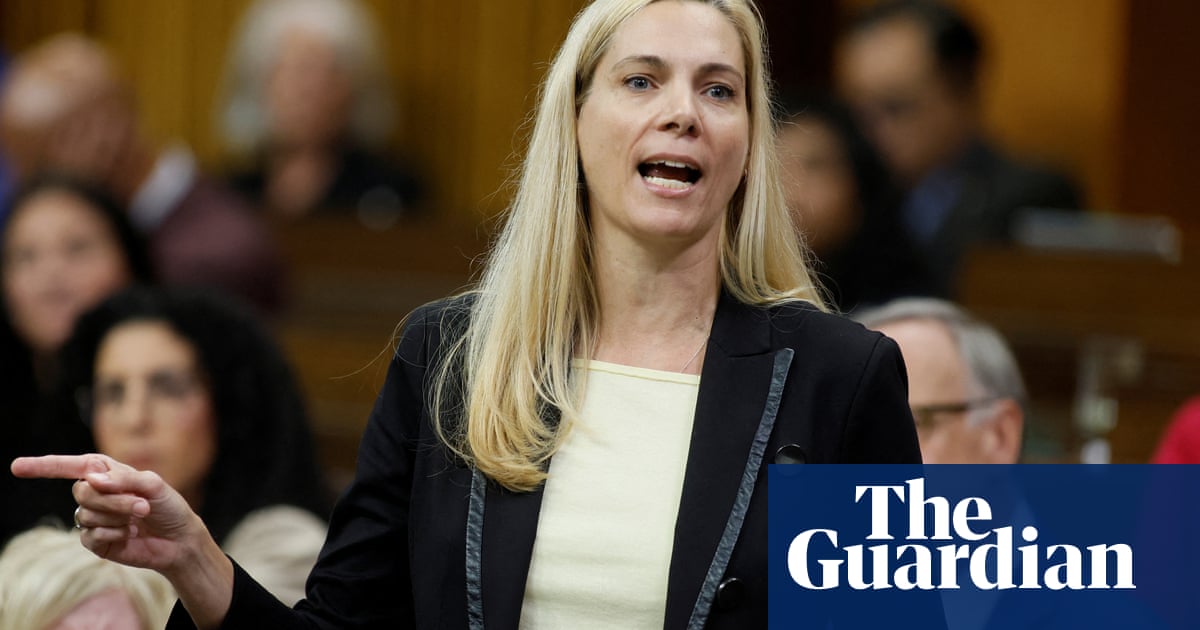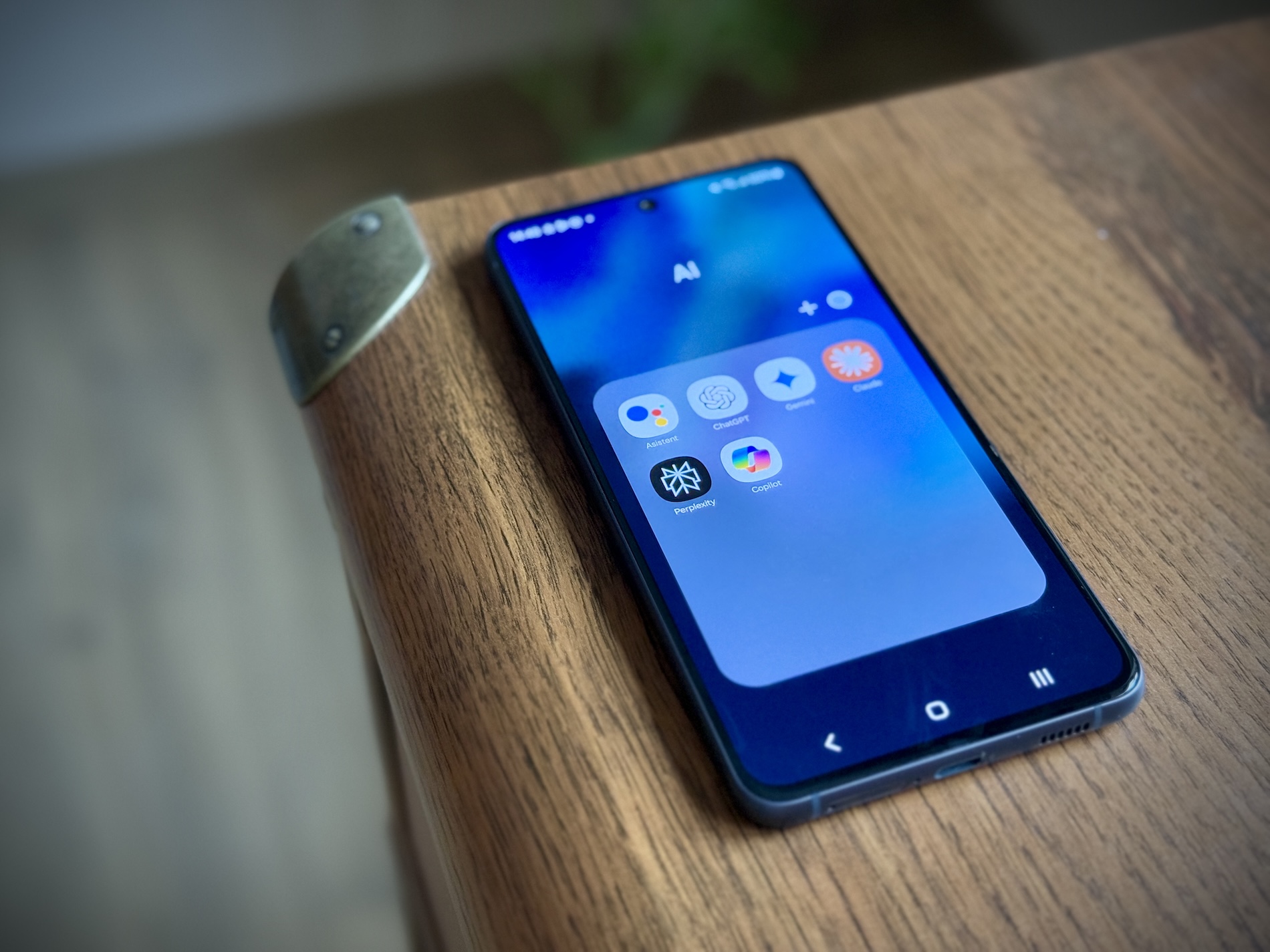On November 8, a full-length anime was released in Japan. “Attack on Titan: Final Attack” (Attack on Titan: The Last Attack). The film was scheduled to play in theaters for three weeks with a new post-credits scene, the contents of which had already been revealed. But the other day an anime appeared on the website newsthat the show period was extended to mark its great success. The new date when the shows will end was not indicated in the news.
The anime topped the domestic box office in its opening weekend. In its second weekend, the film dropped from first to second place at the box office. The film’s overall result last weekend exceeded 500 million yen in box office receipts (about $3.23 million) and 380 thousand tickets sold.
The Final Attack is a compilation film released to commemorate the anniversary of the end of the Attack on Titan series based on Hajime Isayama’s manga. The last two parts of the series were remade into a 145-minute featurette. The film has 5.1 surround sound and updated video.
The film will be released in Russian cinemas in three versions on December 10. The anime will appear in theaters with subtitles and in two dubbing versions: from DEEP and from the Studio Gang.
The original manga was published in 2009–2021 in the monthly Bessatsu Shonen Magazine published by Kodansha and collected in 34 volumes. As of November 2023, the total worldwide circulation of the work exceeded 140 million copies.
The Attack on Titan franchise includes anime, light novels, spin-off manga, video games, and more.
The first three seasons of the series were produced by Wit Studio. Studio MAPPA worked on the fourth and final season of the adaptation.

Propeller-powered ascent
## World Today News Exclusive: Analyzing “Attack on Titan: Final Attack” Success
**Introduction:**
Welcome to World Today News, where we delve into the latest cultural phenomena. Today, we’re joined by two esteemed guests to discuss the phenomenal success of “Attack on Titan: Final Attack,” the compilation film that has captivated anime fans worldwide.
Joining us are **Dr. Emily Carter**, a renowned expert in animation history and cultural impact, and **Mr. Kenji Tanaka**, a leading anime critic and journalist.
**Section 1: Box Office Triumph and Franchise Legacy:**
**Host:** “Attack on Titan: Final Attack” has broken box office records in Japan, exceeding expectations. Dr. Carter, what do you think contributes to the enduring popularity of the ”Attack on Titan” franchise, both within Japan and internationally?
**Dr. Carter:** I believe several elements contribute to its success. Firstly, Hajime Isayama’s original manga is a masterpiece of storytelling, exploring complex themes of war, freedom, and human nature. Secondly, the anime adaptations by Wit Studio and MAPPA are visually stunning, with impactful action sequences and a haunting soundtrack that enhances the narrative. the franchise has successfully diversified, expanding into other media like video games and spin-off manga, attracting a wider audience.
**Host:** Mr. Tanaka, how does the box office success of “Final Attack” reflect the current state of the anime industry?
**Mr. Tanaka:** The overwhelming success of “Final Attack” demonstrates the immense power of anime as a global entertainment force. The film’s popularity transcends language barriers, appealing to a wide demographic. It showcases the industry’s ability to produce high-quality content that resonates with audiences worldwide.
**Section 2: The Power of Nostalgia: Compilation Films and Fan Engagement:**
**Host:** “Final Attack” is a compilation film, revisiting the final arcs of the beloved series. Dr. Carter, how do you see these types of projects impacting the anime landscape and its relationship with fans?
**Dr. Carter:**
Compilation films offer a unique opportunity to revisit cherished stories and characters, often enhanced with updated visuals and sound. For long-time fans, it’s a nostalgic journey, allowing them to experience their favorite moments anew. For newcomers, it serves as an accessible entry point into the world of “Attack on Titan.”
**Host:** Mr. Tanaka, do you think “Final Attack” Aggravates the debate surrounding the anime’s controversial ending?
**Mr. Tanaka:** I believe “Final Attack” gives viewers a chance to re-evaluate the ending and its implications. It’s been a topic of much discussion, and this film provides an opportunity for further analysis and interpretation among fans.
**Section 3: Global Audience and Localization: Adaptations for Every Fan:**
**Host:** “Final Attack” is set to release in Russian theaters with subtitles and dubbing options. Dr. Carter, how important is localization in making anime accessible to global audiences?
**Dr. Carter:** Localization is absolutely crucial for wider accessibility. Providing subtitles and dubbing options allows viewers to enjoy anime regardless of their language proficiency. It ensures that the emotional impact and nuances of the story are conveyed effectively to a diverse audience.
**Host:** Mr. Tanaka, what are your thoughts on the choice of dubbing studios for seru”Attack on Titan: Final Attack” in Russia?
**Mr. Tanaka:** Both DEEP and Studio Gang are respected dubbing studios with a proven track record. Their involvement signifies the commitment to providing high-quality localized content for Russian audiences.
**Conclusion:**
“Attack on Titan: Final Attack” seems poised to become another milestone in the franchise’s success story. Both Dr. Carter and Mr. Tanaka have shed light on the multifaceted reasons behind its appeal and its broader implications for the global anime industry. We thank our guests for their insightful comments and look forward to seeing how “Attack on Titan” continues to captivate audiences for years to come.
Thank you for joining us on World Today News.

